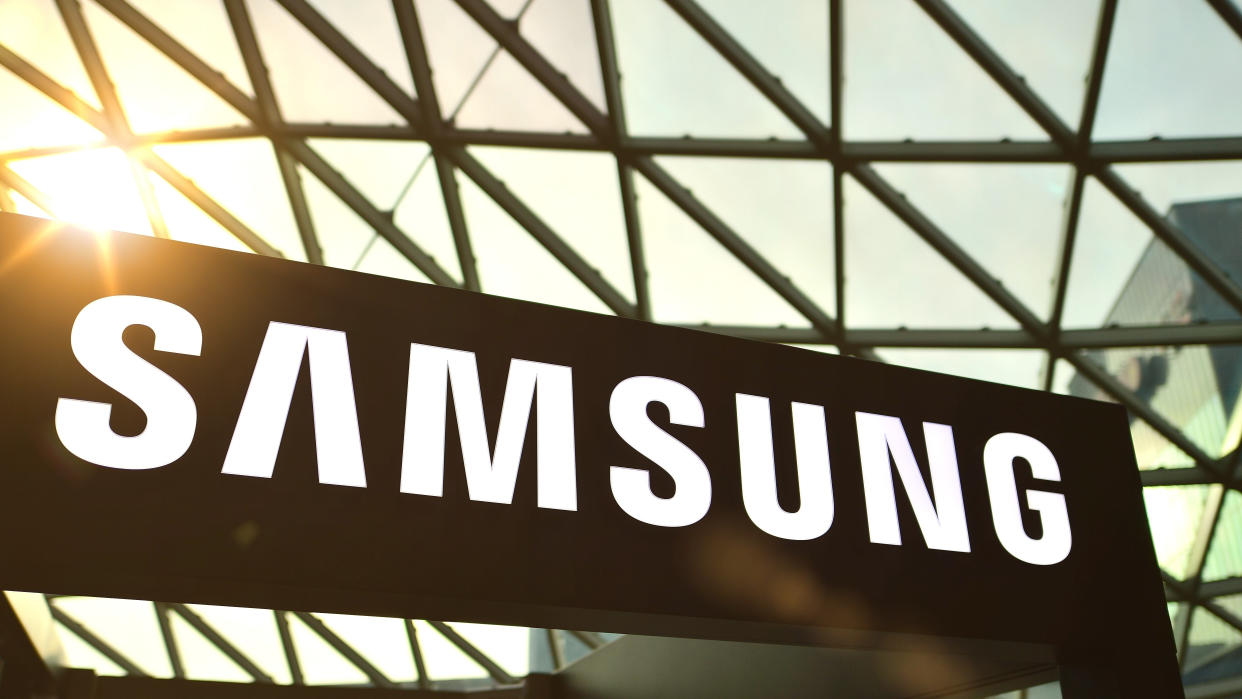Samsung HBM3E chips reportedly fail to meet Nvidia's heat and power requirements — Korean chipmaker continues to struggle for Nvidia HBM3E orders

Reuters reports that Samsung is facing challenges with its latest HBM3 and HBM3E memory stacks. They have failed Nvidia's tests due to excessive heat and power consumption issues. This setback is significant for Samsung as Nvidia dominates the global processors market for AI applications. But this could be an issue for Nvidia, which needs all the HBM supplies it can get to meet the demand for its processors based on the Hopper and Blackwell architectures.
Formally, Samsung's HBM3E memory stacks are the fastest in the industry, rated for data transfer rates of up to 9.8 GT/s/. Samsung officially started production of its 24 GB and 36 GB HBM3E in late April. However, the report from Reuters says that without elaboration, some of Samsung's HBM3 and HBM3E devices cannot pass Nvidia's validation for specific products.
Samsung's HBM3 and HBM3E stacks' failure to pass Nvidia's tests has been attributed to problems with excessive heat dissipation and power consumption, but again, there is no word which of Samsung's products overheat with which of Nvidia's GPUs. According to the report, Samsung has been working on these chips since last year but has yet to meet Nvidia's stringent requirements. It is a critical issue as Nvidia's approval is vital for Samsung's HBM business.
Despite these challenges, Samsung claims to optimize its products in collaboration with customers. The report says the company denies that the failures were due to heat and power issues and insists that testing is progressing as planned.
By contrast, competitors SK Hynix and Micron Technology have successfully supplied Nvidia with HBM3 and HBM3E modules. SK Hynix, in particular, has a technological edge due to its extensive investment in research and development of HBM memory in the last 10 – 12 years. At the same time, Samsung's struggles with meeting Nvidia's requirements mean better business opportunities for Micron and SK Hynix, whether these two companies can meet Nvidia's growing demands for HBM3E memory. Meanwhile, whether Samsung can supply its HBM3E devices to other companies, such as AMD, is unclear.
The market eagerly anticipates the rapid adoption of HBM3E memory, with shipments expected to concentrate in the latter half of the year. Therefore, Samsung has time to tweak its production process to solve the reported issues.

